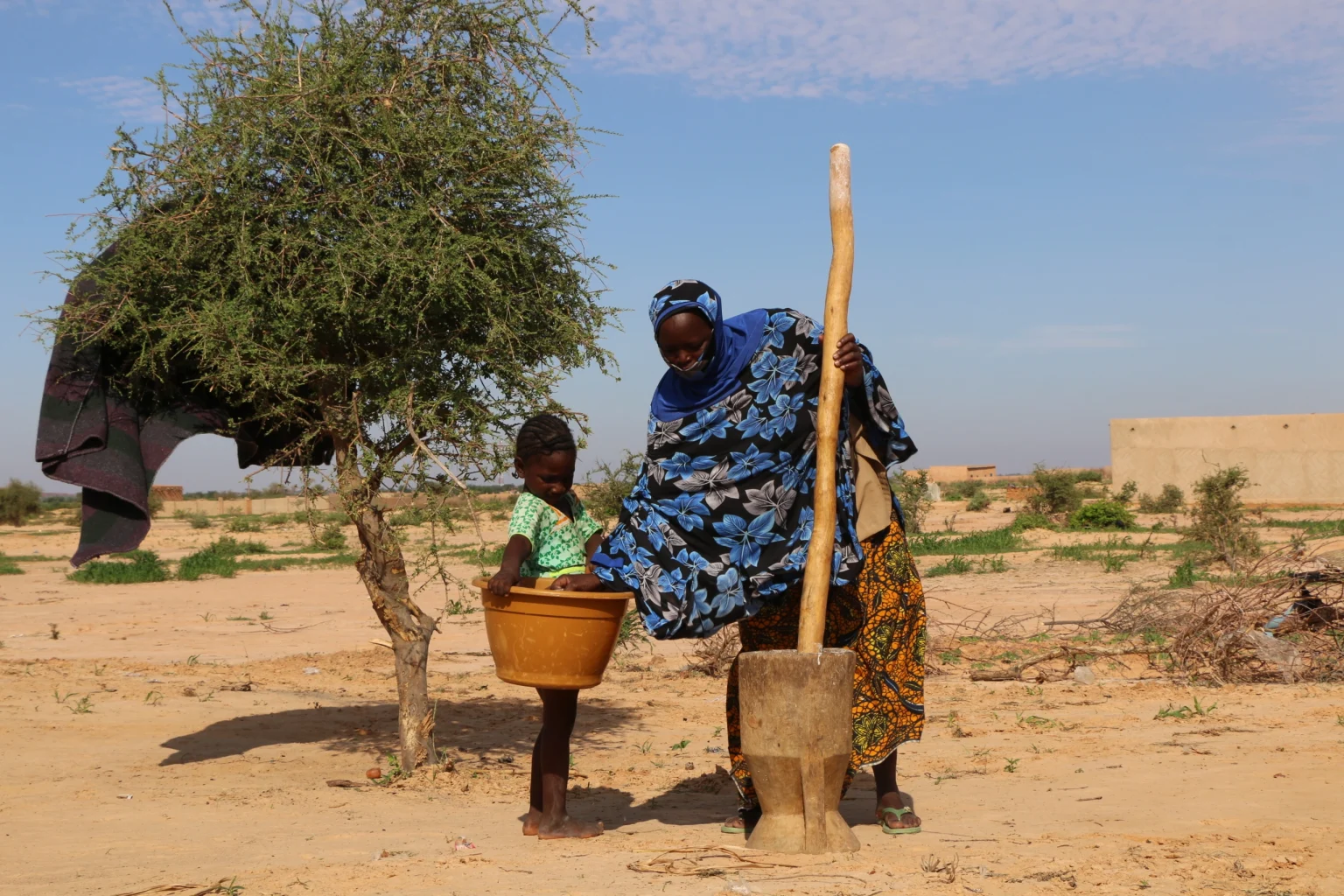-
- The Nigerien Authorities and the Staff of the International Monetary Fund (IMF) have reached an agreement at the staff level on the first review of Niger’s economic programme under the Extended Credit Facility (ECF)
- This year’s growth is anticipated to pick up to a healthy 6.9 per cent from where it was at the beginning of the year
- To foster robust and inclusive economic growth, it is more important than ever to maintain the execution of reforms to increase domestic tax mobilisation, the quality of public expenditure, openness, and the fight against corruption
Niger is receiving approximately US$276 million over the course of a three-year. The loan was granted by the International Monetary Fund (IMF) in December. This loan is intended to assist Niger in recovering from the consequences of the Covid-19 pandemic.
According to a statement released by the IMF on Tuesday, The International Monetary Fund (IMF) and Niger have reached an agreement at the staff level on a first program review. This agreement will allow for a payout of around US$53 million if approved in June.
The IMF executive board and the management are due to convene in June, at which time they will decide whether or not to provide their consent to the staff-level accord. According to a statement released by the IMF, the conclusion of the study would make it possible for the fund disbursement to meet the requirements for external funding.
During the period of May 4 through May 13, 2022, a staff team from the International Monetary Fund (IMF) led by Antonio David met with Niger representatives to discuss the first review of the three-year agreement that is reinforced by the Extended Credit Facility (ECF).
Following is the statement that David issued when the expedition came to an end:
“The Nigerien government and the IMF team have come to an agreement on the staff level regarding the first review of Niger’s economic programme in accordance with the EFC. It is up to the IMF Executive Board and Management to decide whether or not to approve the staff-level agreement. It is anticipated that the board will convene sometime in the month of June. The conclusion of the evaluation would make it possible to transfer 39.48 million Swiss francs (about US$53 million, or 30 per cent of Niger’s quota) to Niger in order to meet its requirements for external finance,” the statement read.
“The performance of the programme up through the end of March 2022 was generally favourable, and the majority of quantitative macroeconomic targets were achieved.
Reforms to the underlying structures of the economy are making slow but steady progress as measures are taken to rationalise tax exemptions, enhance revenue administration by endorsing digitalization, enhance public procurement and public asset management and improve transparency by publishing data about the beneficial owners of companies that have won single tender or individual-source contracts. The statement read.
Reforms needed
“More measures to boost domestic income mobilisation are needed to free up fiscal room for precedence spending and assist the medium-term fiscal adjustment.” In this regard, Nigerien authorities intend to review and streamline their existing tax structure, as well as hasten revenue administration’s digitalization.
“There are also ongoing reforms to improve the value of public expenditure and the delivery of public goods.” To nurture human capital and strengthen the protection of vulnerable populations, authorities are committed to increasing public expenditure on social safety nets and education. To attain these goals, public financial management systems must be strengthened.
Growth
Agricultural production in addition to large-scale venture projects associated with an oil pipeline to Benin are expected to be the driving forces behind a rebound in economic growth to 6.9 per cent in 2022 from a rate of 1.3 per cent in 2021, according to the report. Nevertheless, the IMF reported that pressures on food price levels have kept inflation at a high level.
Niger is located in the Sahel area, which is a semi-arid part of Africa. In recent years, militant Islamist organisations linked to Islamic State and al Qaeda have destabilised large swaths of land in this region. They have been carrying out consistent attacks, which have resulted in the deaths of thousands and the displacement of millions.
According to the United Nations’ Human Development Index, which evaluates countries based on their level of health, education, and quality of life, Niger is ranked among the poorest countries in the world.
Read: IMF approves USUS$689.5m to support Cameroon’s post Covid-19 recovery
Trending
- Unleashing ideas: AIM Congress sets the stage for over 450 dialogue sessions
- Abu Dhabi welcomes over 330 partners for AIM Congress 2024
- Kenyan Farmers Receive $2M Boost from Africa Fertiliser Financing Mechanism
- Brace for High Interest Rates for a Longer Period World Bank Warns Kenya
- Kenya-Ethiopia Trade Relations: Legislators Advocate for Policy Alignment to Boost Ties
- Visualising the state of debt in Africa 2024
- Abu Dhabi radiates optimism as over 300 startups join AIM Congress 2024
- TLcom Capital Raises $154 million in Funding to Boost Its African Growth
